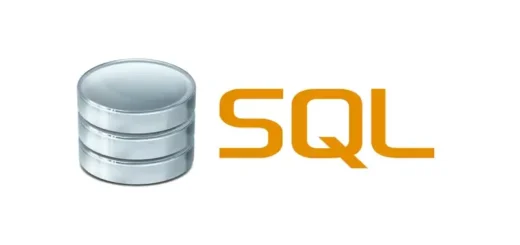What is MySQL DBMS?
About 100 million copies of the MySQL software have been downloaded or distributed during its lifetime, making it the most widely used open source database program in the world. Because MySQL solves key issues with downtime, maintenance, and administration for contemporary online applications, it has become the database of choice for Web, Web 2.0, SaaS, ISVs, telcos, and forward-thinking corporate IT Managers. This is due to MySQL’s superior speed, reliability, and ease of use.
Some of the world’s largest and fastest growing businesses, including market leaders such as Yahoo!, Alcatel-Lucent, Google, Nokia, YouTube, Wikipedia, and Booking.com, leverage MySQL to run high-volume websites, their vital business systems , and software packages.
The most comprehensive MySQL option is MySQL Enterprise, which is available as a cost-effective annual subscription and includes a comprehensive suite of production-tested software, proactive monitoring tools, and premium support services.
An essential component of LAMP (Linux, Apache, MySQL, PHP/Perl/Python), the fast-growing collection of open source corporate software, is MySQL. Due to its lower cost and lack of platform locking, LAMP is being used by a growing number of businesses as a less expensive alternative to expensive proprietary software suites.
Three Swedes—David Axmark, Allan Larsson, and Michael “Monty” Widenius—who have collaborated since the 1980s—founded and developed MySQL in Sweden. Wikipedia has additional historical details on MySQL.
What is MySQL?
MySQL open source database management system created by MySQL AB and very well known. A non-profit organization, MySQL AB bases its operations on its services and the MySQL database.
MySQL is a database management system.
A collection of structured data is called a database. Anything from direct purchase lists to image galleries can be included here. Database management systems, such as MySQL, are needed to add, access, and process data stored in computer databases. Whether a standalone program or a component of another software package, databases play an important role in computing because computers are very good at processing very large volumes of data.
MySQL is a relational DBMS.
Separate tables are used to store data in a relational database. This increases speed and adaptability. Multiple relationships between tables allow combining data from multiple tables in a single query. Structured Query Language, the most popular standard language used to refer to computer databases, is the emphasis of the MySQL SQL section.
MySQL is Open Source Software.
Open Source refers to documents that are available for anyone to view and modify. Anyone can use MySQL for free by downloading it from the Internet. The source code is available for anyone to study and modify at will. MySQL uses the GPL (GNU General Public License), to define what you can do with the software in various situations. If you are not comfortable or the GPL has to implement MySQL in a commercial software program, you can purchase a commercially patented version of the author.
Why use MySQL?
Using MySQL is simple, reliable, and fast. If this is what you are looking for, you should give it a try. In addition, MySQL includes a collection of very useful features created in close collaboration with users. On this page, you can find a comparison of MySQL efficiency with various alternative database administrators. Originally created to manage very large databases much faster than competing alternatives, MySQL has been used successfully in industrial settings for several years. Due to its continuous development, MySQL now has a comprehensive and powerful set of functions. MySQL is the right choice for Internet database access because of its connectivity, performance, and security.
MySQL technical proficiency.
MySQL is a “client-server” system consisting of multi-threaded SQL-Servers that support various administrative tools, programming interfaces, and functionality of several client programs and libraries.
MySQL has many additional programs.
You will most likely find that MySQL is already supported by the program or language of your choice.


